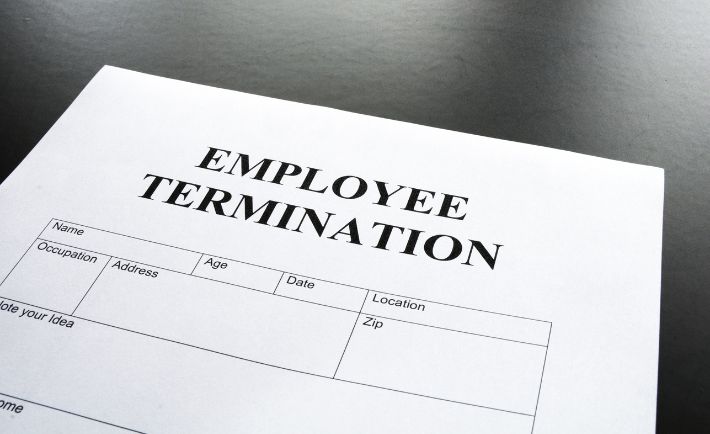
Navigating the dynamic territory of human resources is as complex as the workforce it governs. At the crux is ensuring that your team members contribute positively to your organization’s growth. However, there inevitably comes a time when you must make a difficult decision and let a worker go. Continue reading to learn about the signs it’s time to terminate an employee.
Consistent Poor Performance
Poor performance can be a one-off occurrence or a systemic issue. You should address any performance issues immediately, and employees should receive the opportunity to improve. However, when efforts to support an employee in need yield no lasting change, the effect on the rest of the team can be detrimental. Productivity suffers, timelines slip, and morale can take a significant hit.
Chronic underperformance can also burden high-performing team members who have to pick up the slack. This can lead to resentment, burnout, and a considerable decrease in job satisfaction across the board.
Violation of Company Policies
Company policies are essential guidelines that protect your organization’s culture, ethics, and legal standing. When an employee violates these policies, it can jeopardize the company’s reputation and the trust of its stakeholders.
Violations can be wide-ranging, from breaching confidentiality clauses to issues of integrity or even criminal offenses. Communicate the gravity of these policy infractions and the consequences that follow. Termination serves as a critical reinforcement of the company’s values and standards.
Toxic Behavior

Toxic behavior is another telltale sign it’s time to terminate an employee. Such behavior often manifests in the form of gossip, manipulation, or open hostility, all of which can quickly spread like wildfire. Identifying toxic employees isn’t always straightforward, as they may mask their behaviors. However, the recurring disruption and distress they cause to the team are clear signs of their detriment.
Team members may feel unsafe, disrespected, or unappreciated. Terminating a toxic employee can serve as a powerful testament to the organization’s intolerance toward such behavior.
Lack of Accountability
Employees who evade responsibility or shift blame are unreliable and can cause operational inefficiencies. Lack of accountability signals a larger cultural problem within the organization, wherein employees don’t feel compelled to take ownership of their tasks or mistakes. This lack of responsibility can lead to missed deadlines, poor-quality work, and a considerable lack of trust among the team.
When held accountable, such employees may promise to improve but seldom do. Continual failure to ascribe mistakes to the correct individuals is a reason to consider termination.
The decision to terminate an employee is never an easy one, but it’s sometimes the most responsible and important leadership responsibility for HR executives. By understanding the signs that an employee may no longer be a fit for the company, HR professionals can proactively manage their teams and ensure a positive work environment for all.




